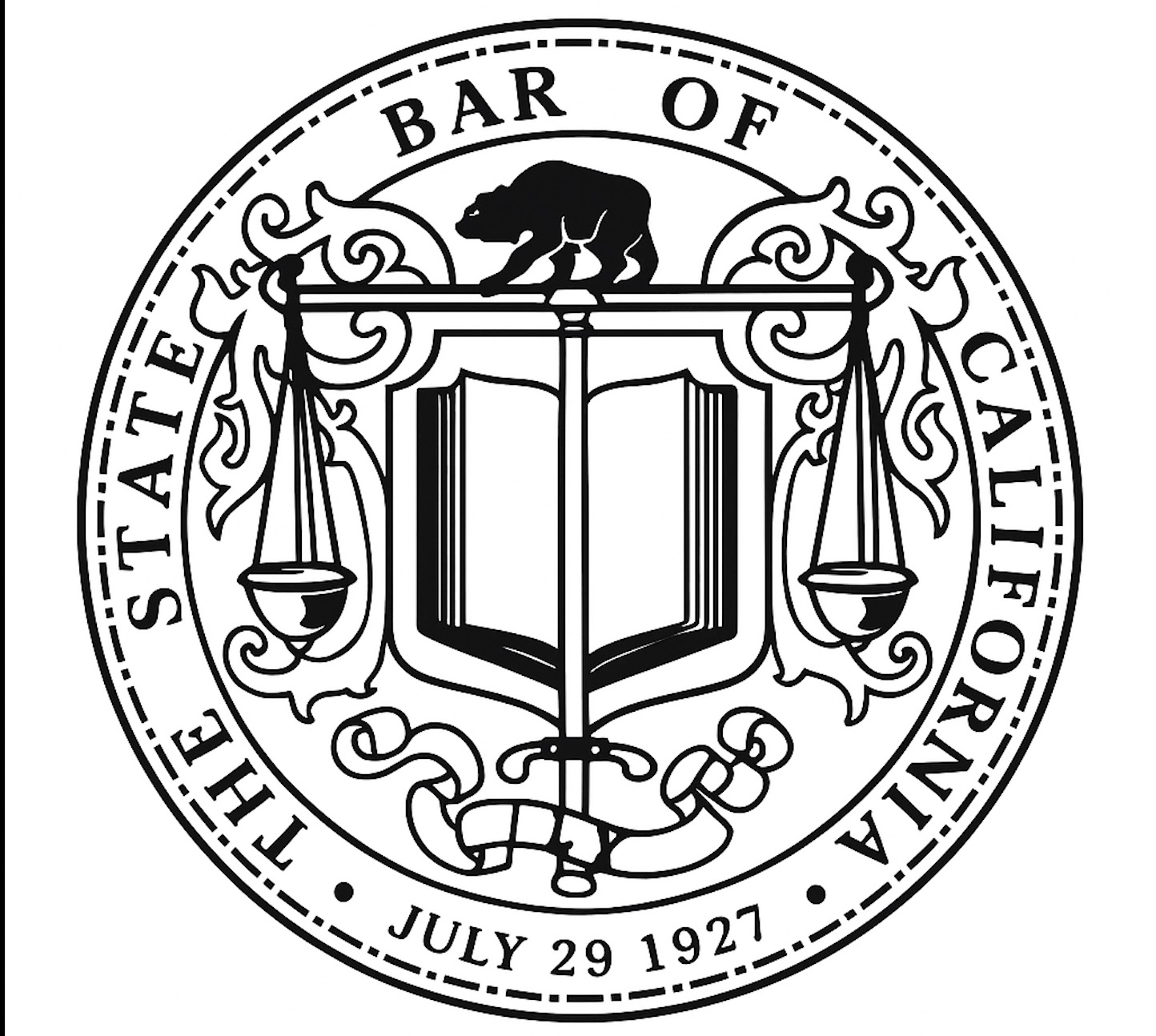Sacramento Family Law Lawyers: Protecting Your Family, Rights, and Future

Introduction
Family law issues touch some of the most personal parts of life, such as marriage, children, finances, and safety. When disputes arise, the guidance of an experienced Sacramento family law lawyer can make the difference between a stressful, drawn-out battle and a clear, fair resolution.
Whether you’re facing divorce, fighting for child custody, or navigating spousal support, the stakes are high. This article explains how the family law process works in Sacramento County and Placer County, what to expect in court, and why hiring the right family law attorney matters.
Understanding Family Law in California

Family law governs cases involving families, relationships, and responsibilities between spouses, parents, and children.
California family law cases involving parentage and custody are governed in part by statutes such as the Uniform Parentage Act, which sets standards for determining parentage and related rights.
Common Family Law Matters Include:
- Divorce and legal separation
- Child custody and visitation
- Child support and spousal support
- Property division (community vs. separate property)
- Domestic violence protective orders
- Marital settlement agreements
In Sacramento, local family law firms and law offices handle hundreds of these cases every year, representing clients through complex legal processes while protecting their rights.
Divorce in Sacramento County

Divorce is one of the most common family law matters, and California has unique rules.
Hiring a knowledgeable divorce attorney is crucial to help you navigate the specific procedures and local court requirements involved in a California divorce.
Uncontested Divorces
When both parties agree on all issues, property division, custody, and support, the divorce can be finalized relatively quickly after the six-month waiting period.
Contested Divorces
When spouses disagree, contested divorces may take years. In some cases, only one spouse may contest specific issues such as property division or support, leading to a more complex legal process. Disputes over community property, child custody, or spousal support often extend timelines.
Legal Separation
Some couples pursue a legal separation rather than divorce, especially when religious or financial concerns are involved. This allows them to remain legally married while dividing property, debts, and responsibilities, with debt division being a key part of legal separation agreements.
Sacramento Divorce Lawyers
Hiring a Sacramento divorce lawyer ensures that the paperwork is properly filed with the family court and that your interests are represented in negotiations or trial.
It is important to hire a qualified attorney to ensure your interests are protected throughout the divorce process.
Child Custody and Visitation in Sacramento
Perhaps the most emotional family law matter is determining who will care for children after separation. All custody and visitation decisions should prioritize the child’s best interests and overall well-being.
Types of Custody
- Legal custody: the right to make decisions about the child’s health, education, and welfare.
- Physical custody: where the child lives on a daily basis.
Factors Courts Consider
Judges in Sacramento County family court consider these factors to determine what arrangement serves the child’s best interest:
- The child’s age
- The child’s health and needs
- Each parent’s ability to provide care
- History of relationships and frequent contact with both parents
- Any concerns involving domestic violence
Visitation Schedules
Even when one parent has primary custody, the other often has visitation rights. Schedules may include alternating weekends, shared holidays, and weekday visits.
Child Support in California
Child support ensures that children continue to receive financial care from both parents. Child support is typically paid by the non-custodial parent to help cover the child’s living expenses.
How Child Support Is Calculated
Courts consider:
- Both parents’ income
- Debts and financial obligations
- Time each parent spends with the child
Based on these factors, the court decides which parent must pay support.
Enforcement and Modification
Sacramento County has systems to enforce payments and adjust orders as circumstances change. An experienced family law attorney can help parents file for modifications if income or expenses shift.
Spousal Support and Alimony
Spousal support (commonly called alimony) may be awarded after separation or divorce.
Types of Support
- Temporary support: ordered while the divorce is pending.
- Permanent support: long-term, based on the marriage’s length and lifestyle.
Factors Considered
- Duration of marriage
- Each spouse’s income and debts
- Standard of living during the marriage
- Age and health of both parties
A Sacramento family law firm can argue for fair support, whether you’re paying or receiving.
Property Division: Community vs. Separate Property
California is a community property state, which means property acquired during marriage is generally divided equally in divorce.
Community Property
Includes assets and debts acquired by either spouse during the marriage — homes, cars, bank accounts, and even credit card balances.
Separate Property
Includes property owned before marriage, gifts, and inheritances.
Property Division
Disputes often arise when community and separate property overlap. Sacramento divorce attorneys help clients trace assets and argue for fair division.
Mediation and Collaborative Divorce
Litigation isn’t the only option. Many clients prefer resolving disputes through mediation or collaborative divorce.
- Mediation: A neutral third party helps spouses reach agreements without going to trial.
- Collaborative divorce: Both spouses and their attorneys agree to resolve matters cooperatively.
These options save time, money, and reduce stress, especially important when children are involved.
Domestic Violence and Family Law
Domestic violence is taken seriously in Sacramento County family court. Protective orders can affect custody, visitation, and support decisions. These orders may restrict a person accused of abuse from contacting the victim or their children.
Victims can seek temporary restraining orders for immediate safety and longer-term protection through court hearings. A family law attorney ensures victims’ voices are heard and their rights are protected.
The Legal Process in Sacramento Family Court
Every family law case follows a structured path:
- Consultation with an attorney.
- Filing petitions and responses with the family court requires completing the appropriate legal form for the court.
- Hearings before a judge.
- Temporary orders (for custody, support, visitation).
- Negotiations or mediation.
- Trial if agreements cannot be reached.
- Final judgment.
Having legal representation ensures all procedures are followed correctly and your interests are protected at every stage.
Understanding this legal process helps clients reduce anxiety and prepare for each step.
Choosing the Right Sacramento Family Law Lawyer
Not all attorneys are the same. Hiring the right lawyer can change the outcome of your case. Experienced family law attorneys advocate on behalf of their clients to achieve the best possible outcomes.
What to Look For
- Experience in Sacramento and Placer County courts.
- Knowledge of family law matters such as child custody and spousal support.
- Strong negotiation and trial skills.
- Compassion for clients dealing with emotional family issues.
Many clients prefer working with a law firm that has been in practice for over a decade.
Why Local Experience Matters
Sacramento and Placer counties have their own judges, filing systems, and local procedures. A strong connection with a local attorney can help clients feel more comfortable and understood throughout their case. A Sacramento family law firm familiar with these courts can anticipate challenges, understand tendencies of specific judges, and represent clients more effectively.
Consultations and Next Steps
Most firms offer an initial consultation to review your situation. To get started, schedule a consultation to discuss your family law needs and receive personalized guidance. Bring documents like prior agreements, financial records, and court orders.
The attorney will explain your options, outline the likely timeline, and discuss fees. This step ensures clients understand their legal rights before moving forward.
Conclusion
When dealing with divorce, child custody, or spousal support, working with the right Sacramento family law lawyers provides clarity and protection during one of life’s most stressful experiences.
Whether through negotiation, mediation, or litigation in family court, a skilled attorney ensures your rights and your children’s best interests come first.













